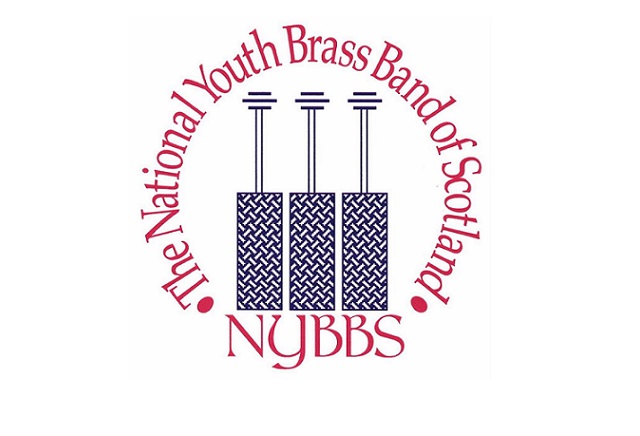
Conductors: Alan Fernie, Iona Crosby
Perth Concert Hall
Friday 25th July

Driven by huge amounts of energised enthusiasm, the NYBBS Children’s Band stamped their imprint of talent on the ‘Made in Scotland and Clydebuilt’ theme that underpinned their splendid contribution to this end of course concert at Perth Concert Hall.
MD Alan Fernie was effusive in his praise of his young performers – and rightly so, as the 50 plus players displayed a fine sense of maturity from the opening sounds of ‘The Auld Old Road to Hawick’ by Iain Mundy.
All hands on deck
The programme was originally penned for the Riverside Youth Band and celebrates the rich shipbuilding heritage on the River Clyde. The immediate machine-like sounds were evident, before giving way to the serene majesty of the great vessels taking their maiden voyage, aided by the ‘all hands-on deck’ approach of the ensemble and super solo contributions.
The immediate machine-like sounds were evident, before giving way to the serene majesty of the great vessels taking their maiden voyage, aided by the ‘all hands-on deck’ approach of the ensemble and super solo contributions.
‘Campbeltown Loch, I Wish You Were Whisky’, arranged by Ron Barnes, was distilled from the opening, with the young players relishing the fun and frivolity – ceilidh dancing and all.
Energy
The unrelenting energy, tight and disciplined, continued in the march, ‘Afton Water’, before ‘Jesus Loves Me’, arranged by Jack Stobbs provided a tender moment of reflection, with warm ensemble tonality and classy solo leads.
NYBBS tutor Iona Crosby expertly guided the band through some body percussion with Alan’s clever ‘The Tayside Pearls’, which he wrote for the Brass for Africa charity he has supported for many years.
The premiere of ‘The Flying Scotsman’ by Jess Purbrick was also an evocation of energy, elegance and nostalgia, with the players relishing the engaging melodies which were underpinned by a bass end that provided the inexhaustible steam driven momentum.
Alan later admitted that he was “the luckiest man alive” in being able to conduct this splendid band – the result of his own fantastic energy and ability to inspire, clear to anyone who was here to enjoy it all.
Upbeat
‘Hoots Mon’ continued the unashamedly upbeat theme as the players took to their feet led by their inspirational conductor, before the anarchic fun of ‘The Muppet Theme’ rounded things off – complete with Kermit putting in a cameo appearance.
Alan later admitted that he was “the luckiest man alive” in being able to conduct this splendid band – the result of his own fantastic energy and ability to inspire, clear to anyone who was here to enjoy it all.
Mark Good









